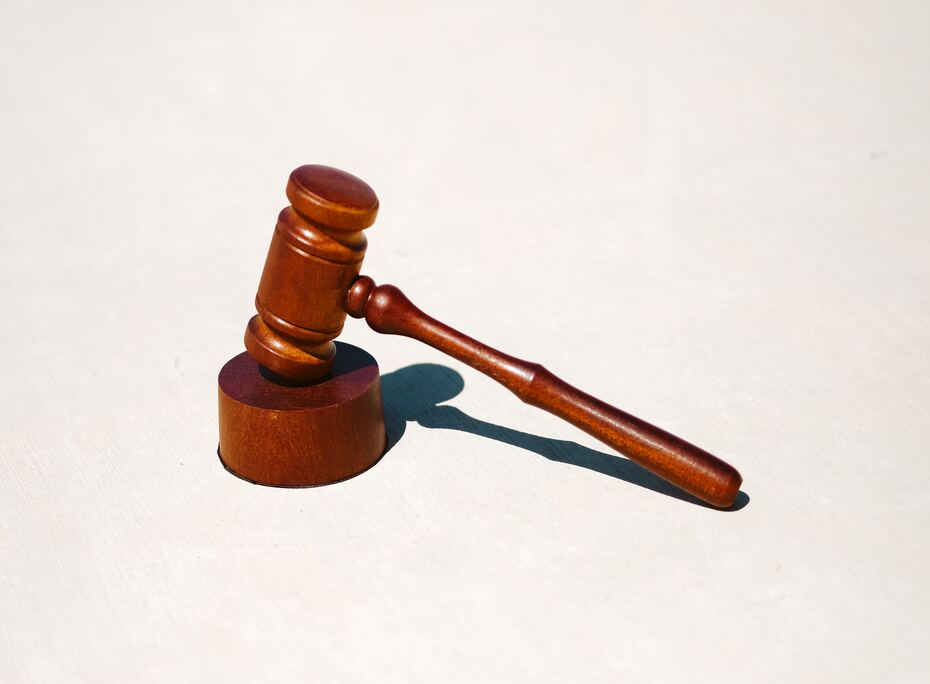Legal cases can be a source of immense stress and frustration, especially when they seem to drag on longer than expected. If you find yourself wondering why your lawyer is taking so long to settle your case, you’re not alone. This blog post will explore some common reasons why legal processes can be time-consuming and offer insights into what you can do to expedite the resolution.
-
Complex Legal Issues
One of the most common reasons for delays in settling a case is the complexity of the legal issues involved. Some cases involve intricate legal principles, intricate facts, or a multitude of parties. These complexities can lead to protracted negotiations, research, and the need for expert opinions. Your lawyer may need extra time to thoroughly assess and address these complexities to ensure the best outcome for your case.
-
Overloaded Court Dockets
The judicial system can be slow-moving due to overburdened court dockets. Courts handle a large volume of cases, and this backlog can cause significant delays in scheduling hearings, trials, and other necessary proceedings. Your lawyer might not have control over court scheduling, and this can be a major factor in why your case is taking longer than you’d like.
-
Discovery Process
In many legal cases, the discovery process plays a crucial role in gathering evidence and building a strong case. This process can be time-consuming, as it involves collecting and reviewing documents, conducting depositions, and obtaining information from opposing parties. Your lawyer may be waiting for critical pieces of evidence or information, which can extend the timeline of your case.
-
Negotiations and Settlement Attempts
Settling a case often involves negotiations between parties, and reaching a fair settlement can take time. Your lawyer may be engaged in ongoing discussions with the opposing party’s legal team, trying to secure the best possible outcome for you. Negotiations can be unpredictable, and your lawyer may need to explore multiple settlement options before a resolution is reached.
-
Court Procedures and Rules
The legal process is bound by various procedures and rules that must be followed meticulously. Filing motions, attending hearings, and adhering to court deadlines are essential steps in any case. Failure to follow these procedures correctly can lead to delays. Your lawyer’s commitment to adhering to these rules is essential to protect your interests, even if it means taking more time.
-
Lack of Cooperation from Opposing Parties
Sometimes, the other parties involved in the case may not be cooperative or may intentionally delay the proceedings. This can include failing to respond to discovery requests, missing court dates, or engaging in legal tactics to stall the process. In such cases, your lawyer may have to take extra steps to compel cooperation, which can prolong the case.
What Can You Do?
While you may not have direct control over all the factors that contribute to the length of your case, there are some steps you can take:
Communicate with Your Lawyer:
Maintain open and honest communication with your attorney. Discuss your concerns, expectations, and any issues that might be causing delays.
Be Patient:
Understand that the legal process can be slow, and patience is often necessary. Trust your lawyer’s expertise and dedication to your case.
Follow Legal Advice:
Listen to your lawyer’s advice and follow their recommendations. Comply with requests for information or documents promptly.
Seek Mediation or Alternative Dispute Resolution:
If appropriate, consider alternative dispute resolution methods like mediation, which can expedite resolution without going to trial.
Conclusion
While it can be frustrating when your lawyer takes longer than expected to settle your case, it’s essential to remember that a thorough and diligent legal process often yields better results. Complex legal issues, court procedures, and negotiations can all contribute to delays. By maintaining open communication with your lawyer and being patient, you can work together to navigate the complexities of your case and increase the chances of a favorable outcome.

